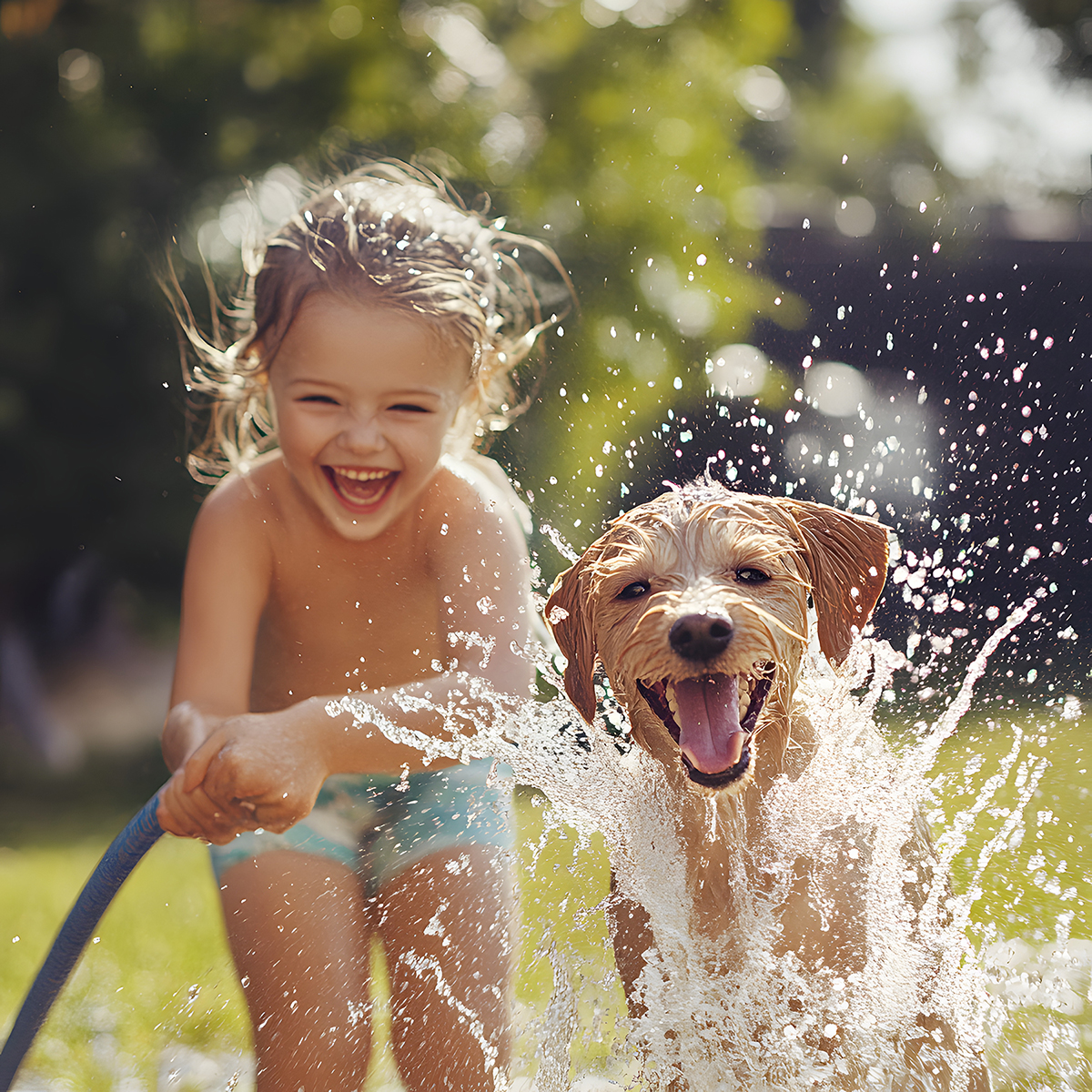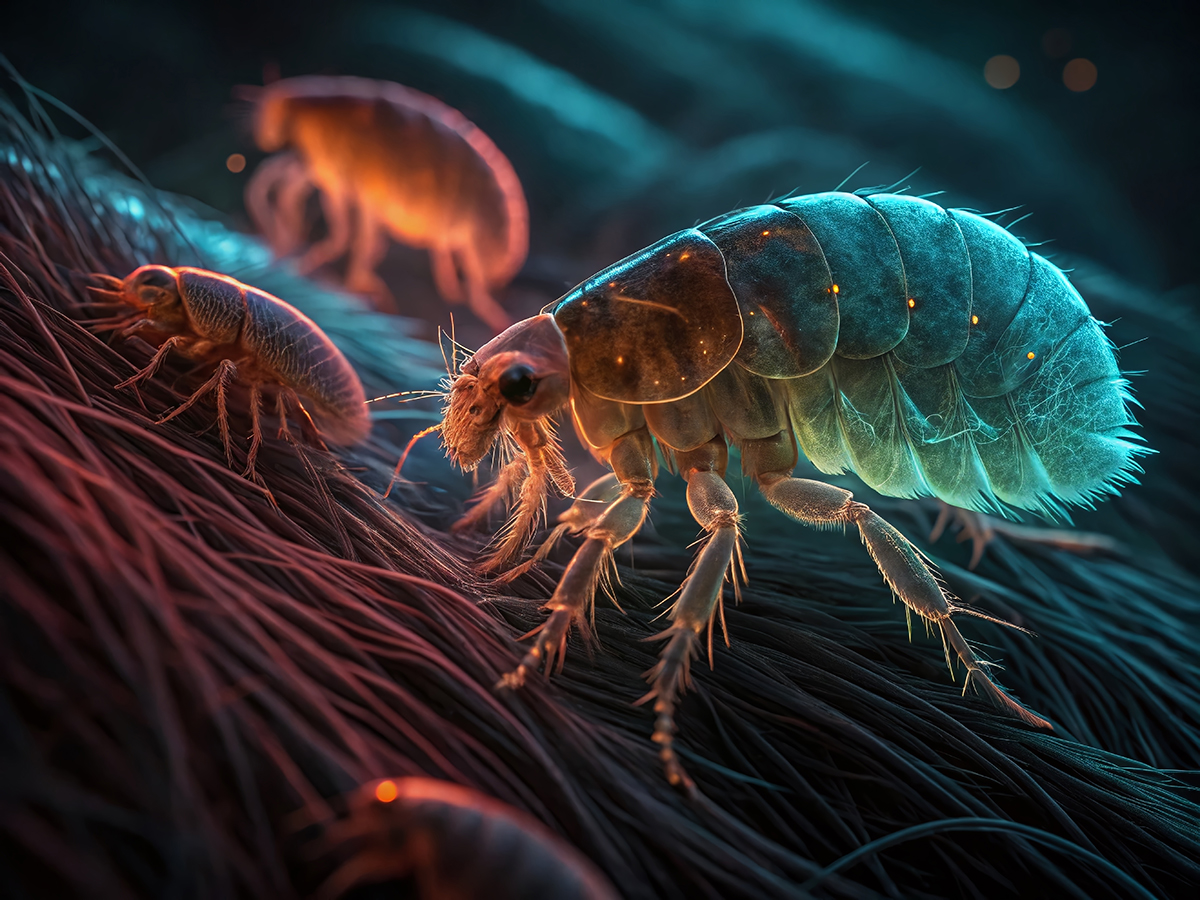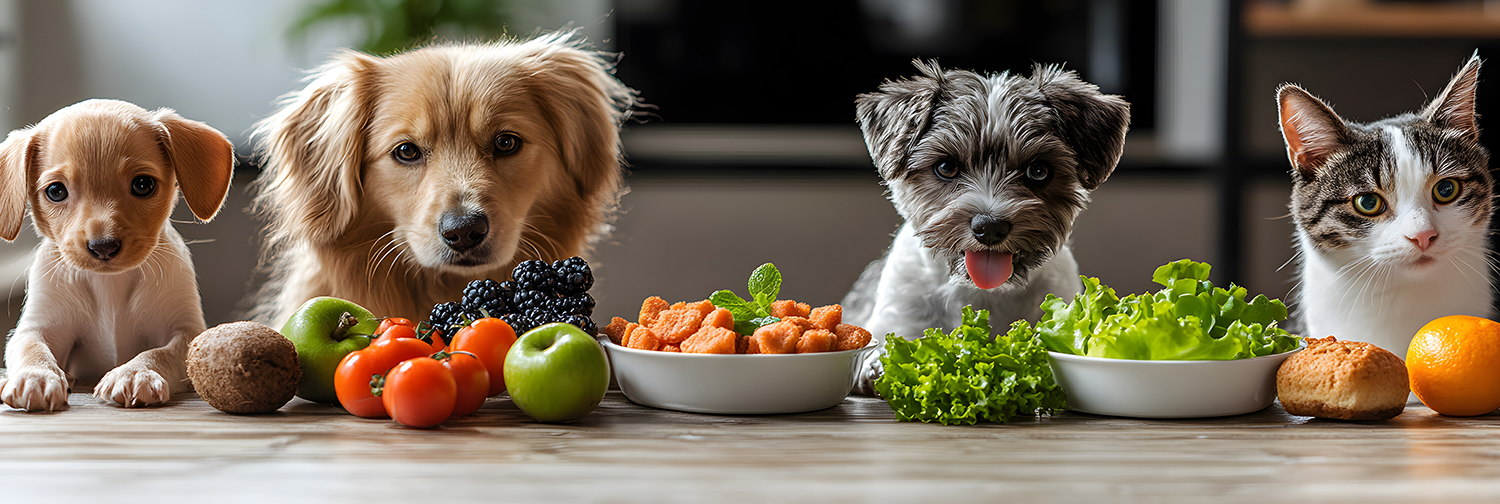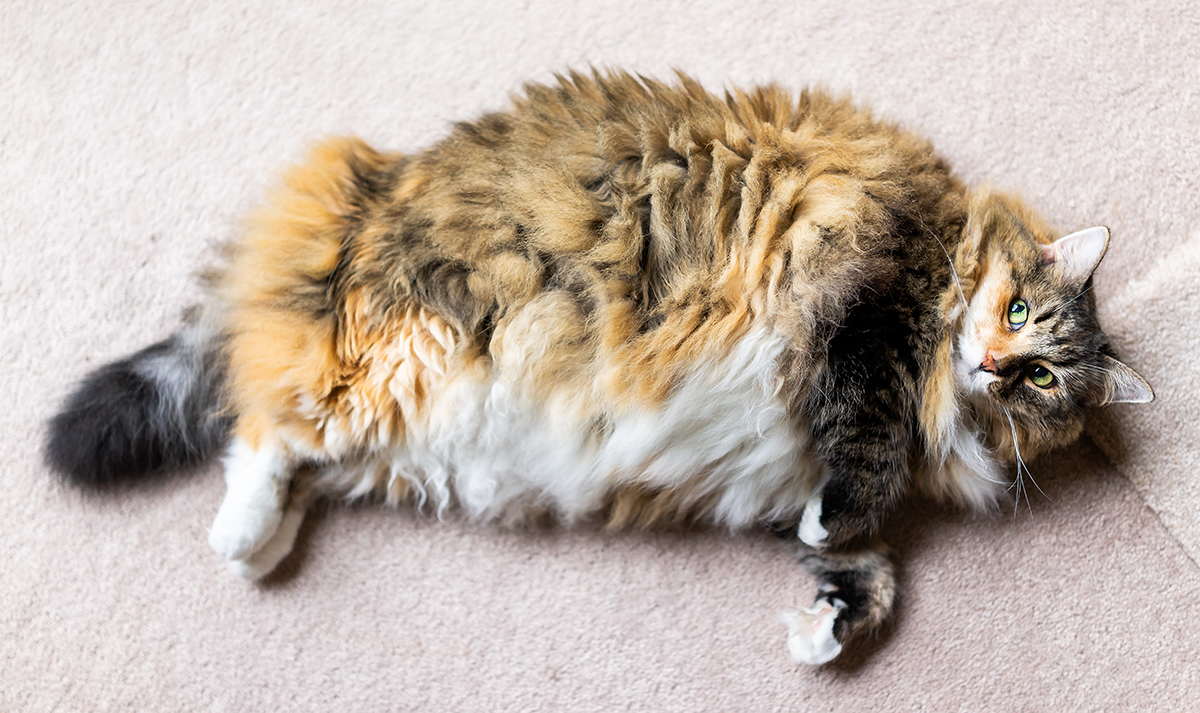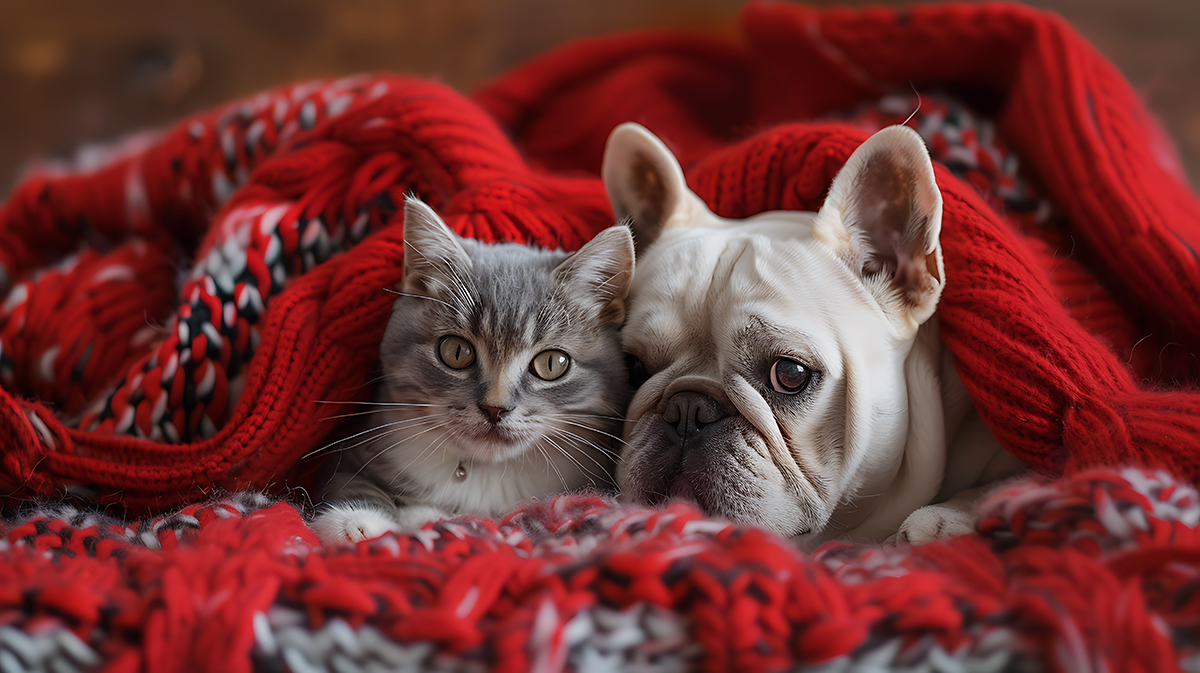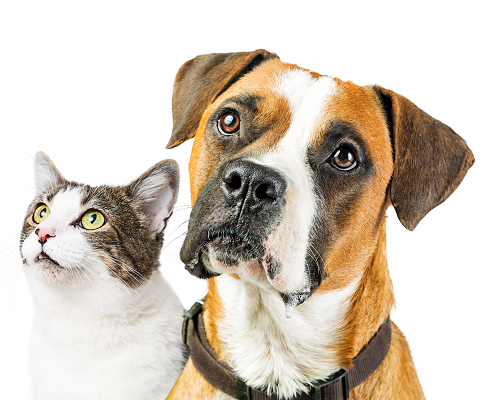 Pet Poisoning Awareness
Pet Poisoning Awareness
Like children, pets are curious and often cannot resist smelling, tasting or ingesting something that captures their interest. Unfortunately, there are many items and products that can be very harmful. However, taking simple precautions and steps can help prevent pet poisoning.
One of the best ways to avoid pet poisoning is to remove or secure anything that can be toxic to your pet. You can easily scan each room in your home to ensure that all toxic substances are out of your pet’s reach.
Living Room
Plants – many household plants are highly toxic to cats and dogs. Even bulbs are predominantly poisonous. Plants to avoid are tulips, daffodils, azaleas, oleanders and lilies. Quite frankly, just one or two petals from a lily plant (Lilium and Hemerocallis spp.) can be fatal, especially for cats. Other poisonous plants are geraniums, daisies, cyclamen, sago palm, poppies, lilacs, holly and amaryllis.
Home fragrance – many fragrance products can cause chemical reactions if ingested or inhaled. Avoid heavily scented sprays, artificial scented candles or simmering pots of potpourri.
Nicotine – All products that contain nicotine items should be removed from the reach of pets such as cigarettes, ashtrays, E-cigarettes, patches and nicotine chewing gum. Even cigarette butts can cause nicotine poisoning.
Your purse – Always keep your purse out of your pet’s reach. It can contain many harmful products like sugar-free gum with xylitol, cigarettes, medication and batteries. In fact, batteries or items that contain a battery, such as your phone, can cause serious chemical burns if ingested.
Kitchen
Human food – There are many human foods that are poisonous or toxic to your pets. Human foods to avoid include grapes, raisins, currents, chocolate, garlic, onions, macadamia nuts, Xylitol, alcohol and caffeine.
Garbage – always keep your garbage in a safe proof area, such as behind a closed door. Most garbages contain pet toxins such as moldy foods, bones, and cigarette butts, empty containers of cleaning products or other items.
Bathroom
Prescription & OTC Medications Are the #1 Cause of Pet Poisoning
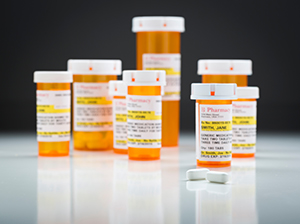
Medications – all medications, dietary supplements and inhalers can be detrimental to your pet. Even ibuprofen (Advil) and acetaminophen (Tylenol) are very poisonous to your pets. Always keep medications out of reach and never leave them on the bathroom counter.
Cleaning products – make sure that cleaning products are stored behind a secure door. In addition, always keep the toilet lid closed, especially if you use chemical bowl cleaners that are placed inside the tank.
Utility Room
Laundry supplies – bleaches, fabric softener sheets and detergent can be toxic to your pets, causing respiratory and digestive issues. Make sure to properly store items and throw away unused portions.
Storage – utility rooms are often used for storing miscellaneous items. Make sure that all poisonous products are secured such as insecticides, rat poison, all types of glue, turpentine, paint and other toxic substances.
Garage
Automotive products – properly store automotive products like antifreeze, brake fluid and windshield cleaner fluid. For a safer alternative, select propylene glycol-based antifreeze. Whenever antifreeze is spilled, clean it up immediately. Antifreeze is very toxic to pets. Unfortunately, pets love the sweet taste and will often find it appealing.
Whitworth Animal Clinic
If you live in the Madison, Alabama area and suspect your pet has ingested something poisonous, call Whitworth Animal Clinic immediately at 256-830-1503. In addition, take a picture of the product or plant for identification purposes. For your convenience, Whitworth Animal Clinic services pets from Huntsville, Madison and the surrounding Madison County areas. You can also call the ASPCA Animal Poison Control Center hotline at 1-888-426-4435. The Center will put you in contact with an emergency veterinary clinic that is closest to your home or location.


